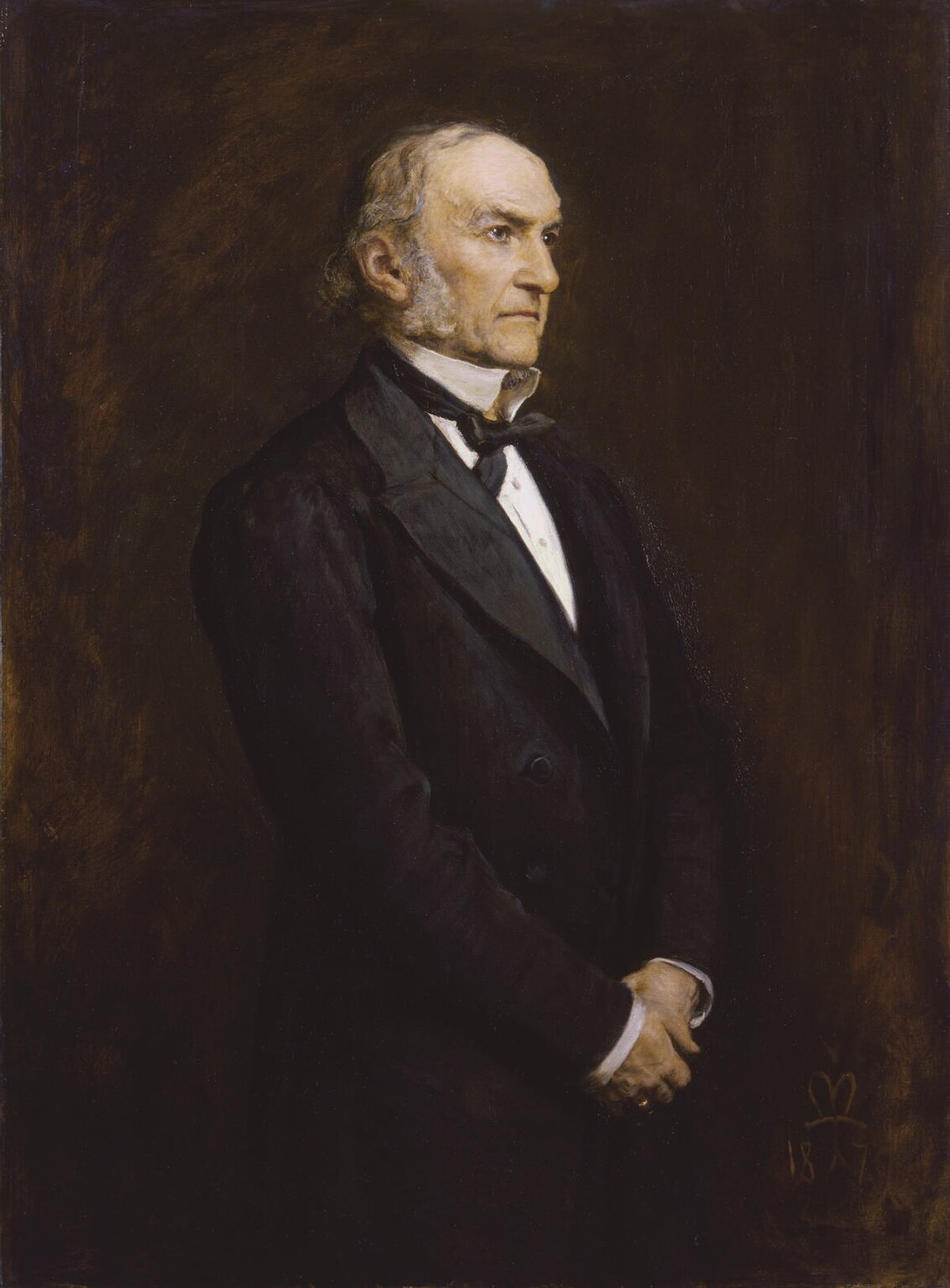
International Reaction to Atrocities in Bulgaria
England, UKWord of the bashi-bazouks' atrocities filtered to the outside world by way of the American-run Robert College located in Constantinople. The majority of the students were Bulgarian, and many received news of the events from their families back home. Soon the Western diplomatic community in Constantinople was abuzz with rumours, which eventually found their way into newspapers in the West. In Britain, where Disraeli's government was committed to supporting the Ottomans in the ongoing Balkan crisis, the Liberal opposition newspaper Daily News hired American journalist Januarius A. MacGahan to report on the massacre stories firsthand.
MacGahan toured the stricken regions of the Bulgarian uprising, and his report, splashed across the Daily News's front pages, galvanized British public opinion against Disraeli's pro-Ottoman policy.[6] In September, opposition leader William Gladstone published his Bulgarian Horrors and the Question of the East[7] calling upon Britain to withdraw its support for Turkey and proposing that Europe demand independence for Bulgaria and Bosnia and Herzegovina.[8] As the details became known across Europe, many dignitaries, including Charles Darwin, Oscar Wilde, Victor Hugo and Giuseppe Garibaldi, publicly condemned the Ottoman abuses in Bulgaria.[9]
The strongest reaction came from Russia. Widespread sympathy for the Bulgarian cause led to a nationwide surge in patriotism on a scale comparable with the one during the Patriotic War of 1812. From autumn 1875, the movement to support the Bulgarian uprising involved all classes of Russian society. This was accompanied by sharp public discussions about Russian goals in this conflict: Slavophiles, including Dostoevsky, saw in the impending war the chance to unite all Orthodox nations under Russia's helm, thus fulfilling what they believed was the historic mission of Russia, while their opponents, westernizers, inspired by Turgenev, denied the importance of religion and believed that Russian goals should not be defense of Orthodoxy but liberation of Bulgaria.[10]
